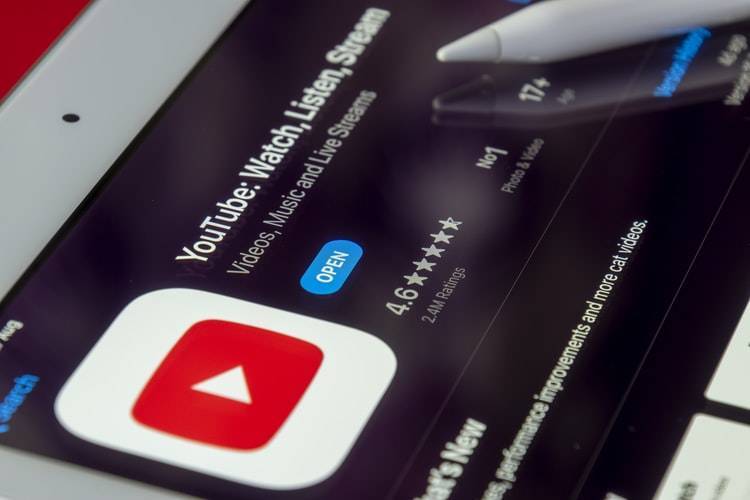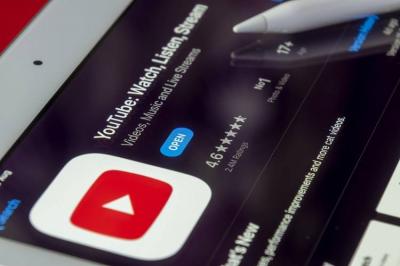YouTube announced on Friday that its ban on Russian-funded media now applies globally, not just in Europe, as part of efforts to isolate Moscow. A spokesperson for the video-sharing platform owned by Google stated, "Our guidelines prohibit content that denies, diminishes, or mocks the importance of well-documented violent events, and we will remove content related to the Russian invasion of Ukraine that violates these rules."
They added, "Under these rules, we will also immediately ban YouTube channels linked to state-funded media from around the world," as reported by Agence France-Presse. YouTube indicated that the content in question could range from claims portraying victims as fictional with actors playing their roles to videos depicting the Russian invasion as peacekeeping or liberation efforts.
On the other hand, some posts that contain hate speech may be tolerated if their targets are for "educational, documentary, scientific, or artistic" purposes, the platform confirmed. The company mentioned that it would take some time before the global ban is fully effective.
Like Facebook and Twitter, YouTube previously banned media outlets such as Sputnik and RT in Europe, which were accused of spreading disinformation regarding the war in Ukraine. The European Union has banned broadcasting by Russian state-owned media in response. In retaliation, Moscow banned Facebook on its territory and restricted access to Twitter.
On Friday, Russia also announced that it would restrict access to Instagram, which it accuses of inciting violence against Russians regarding the conflict in Ukraine. Currently, YouTube, the Google search engine, and the Gmail email service are not banned in Russia. However, YouTube has suspended the display and sale of advertisements on videos in the country.




